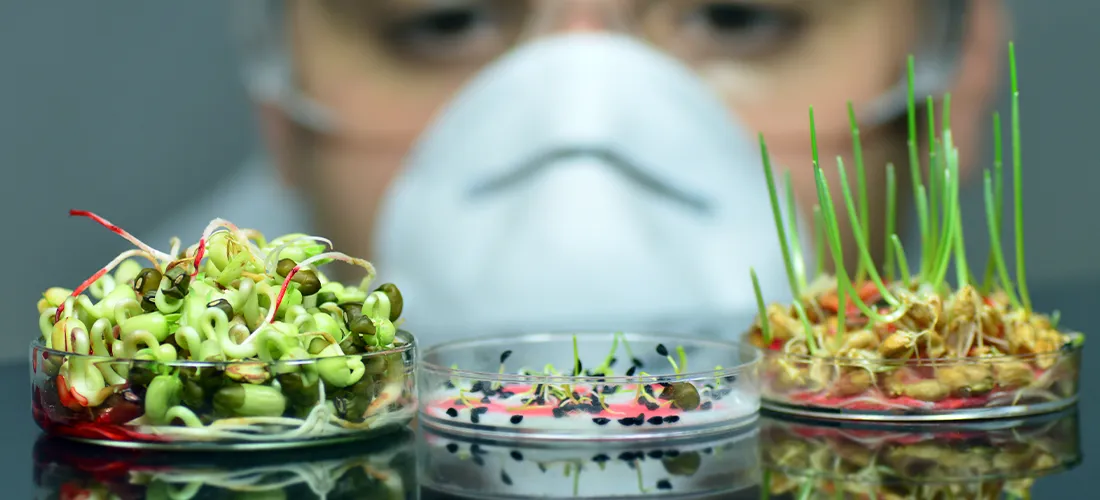
The European Parliament has voted in favour of more relaxed regulation for the use of new gene-editing techniques, known as NTGs and based on CRISPR technology. Weeks before the vote, as many as 37 Nobel laureates and more than 1,500 scientists signed an open letter urging parliamentarians to "carefully consider the benefits of adopting these NGTs."
The intentional modification of plant varieties by man is as old as agriculture itself, but today, without this technology, it would take approximately 12 years to launch a new variety to market. With this technology, this time could be reduced to just 3-4 years.
But some experts also argue that these techniques could transform the food sector into a more sustainable and resilient system by allowing it to develop improved plant varieties that are more resilient to climate change and pests and diseases, as well as offering higher yields.
But what exactly are these techniques and how do they work?
These new technologies allow us to modify genes within the genome without affecting other parts of the genome with high precision.
Currently, this method is regulated in a similar way to GMOs, but are they similar?
They are totally different. Varieties considered to be GMOs are obtained after the introduction of genetic material from a species that cannot be crossed. For example, the introduction into the genome of the maize plant of the gene responsible for the synthesis of the toxin of the bacterium Bacillus thurigiensis. However, these NGT make it possible to introduce a function or enhance the desired function without introducing new foreign genetic material or introducing equivalent genetic material from organisms that can interbreed in nature.
What changes will the new regulatory proposal introduce?
MEPs agreed on a legislative proposal that will distinguish two different categories of plants obtained by these techniques and two sets of rules. Category 1 plants, which are considered equivalent to conventional plants and have undergone fewer than 20 modifications, would be exempt from the requirements of GMO legislation; it will be exempt from the requirements of GMO legislation, unlike Category 2 plants, which are more modified.
As for the second category (category 2), the European Parliament wants to maintain most of the requirements of GMO legislation, which is among the strictest in the world, including the authorisation procedure and mandatory labelling.
Members of the European Parliament also agree that all NGT plants should continue to be banned in organic production, as their compatibility requires further consideration.
Source: https://allianceforscience.org/blog/2024/02/give-genes-a-chance-over-1000-scientists-in-14-countries-hold-historic-demonstrations-in-support-of-gene-editing/